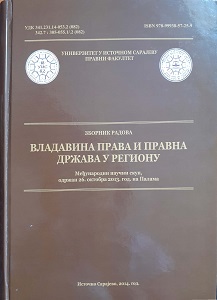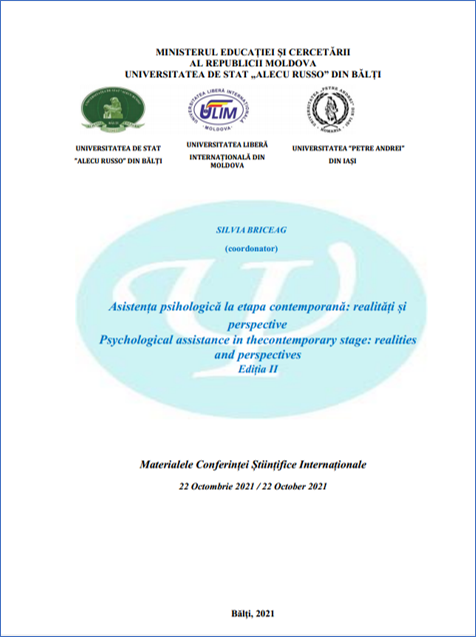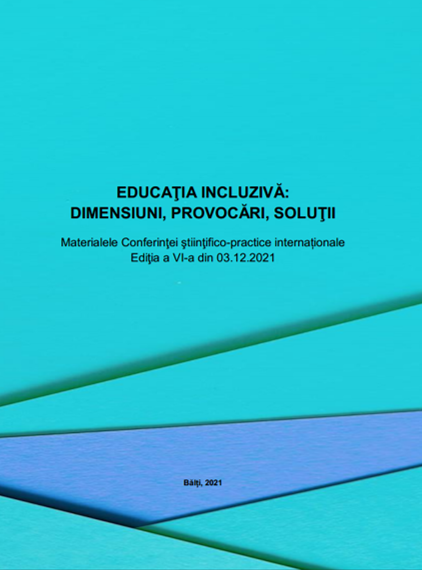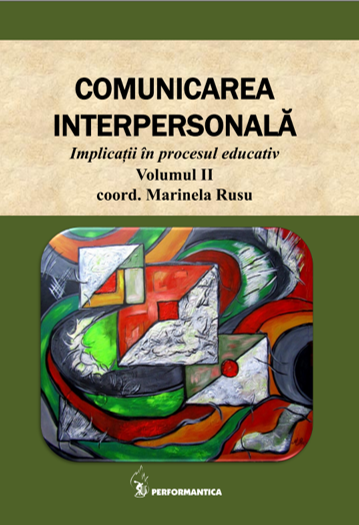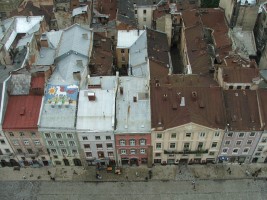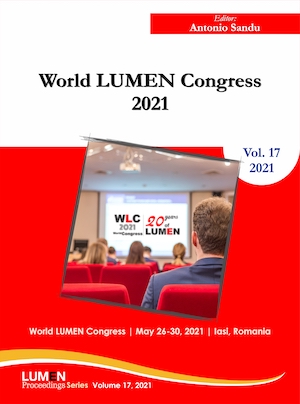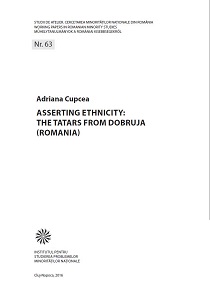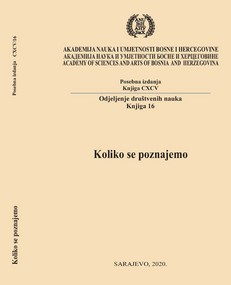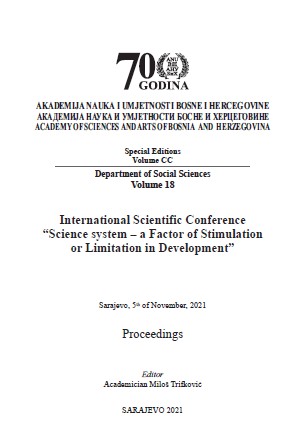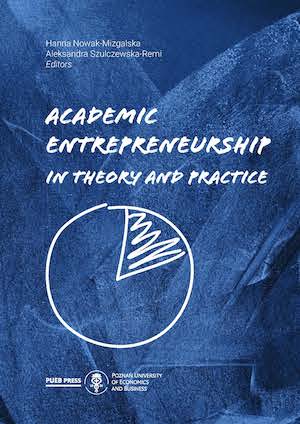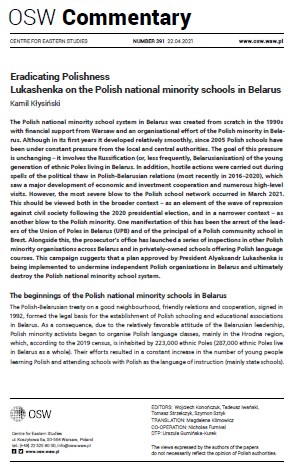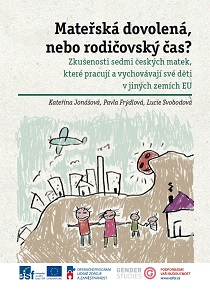
Francouzská tradice: školka pro každé dítě
V roce 1990 fungovalo v ČR celkem 1043 veřejných jeslí, v roce 2000 jich bylo evidováno pouze 67 a do roku 2007 klesl jejich počet jen na 49. V souvislosti s porodní křivkou silné generace 70. let se s nedostupností péče o malé děti potýká většina rodičů dětí předškolního věku. Tento problém bude v nejbližších letech přerůstat do prvního stupně základních škol. Ve školním roce 2011/2012 nebylo jen v hlavním městě Praha přijato přes 8000 dětí. Počet předškoláků v hlavním městě Praha i nadále roste, podle očekávání magistrátu tomu tak bude příští dva až tři roky. Stejné zkušenosti mají místní samosprávy v celém Česku. Vzáří 2012 nenastoupilo do školek na 50 000 dětí, které by nastoupit chtěly či potřebovaly. Je zde nastaven přesně opačný trend než ve vyspělých zemích, kde jako ve Francii jsou školky součástí školského systému.
More...
